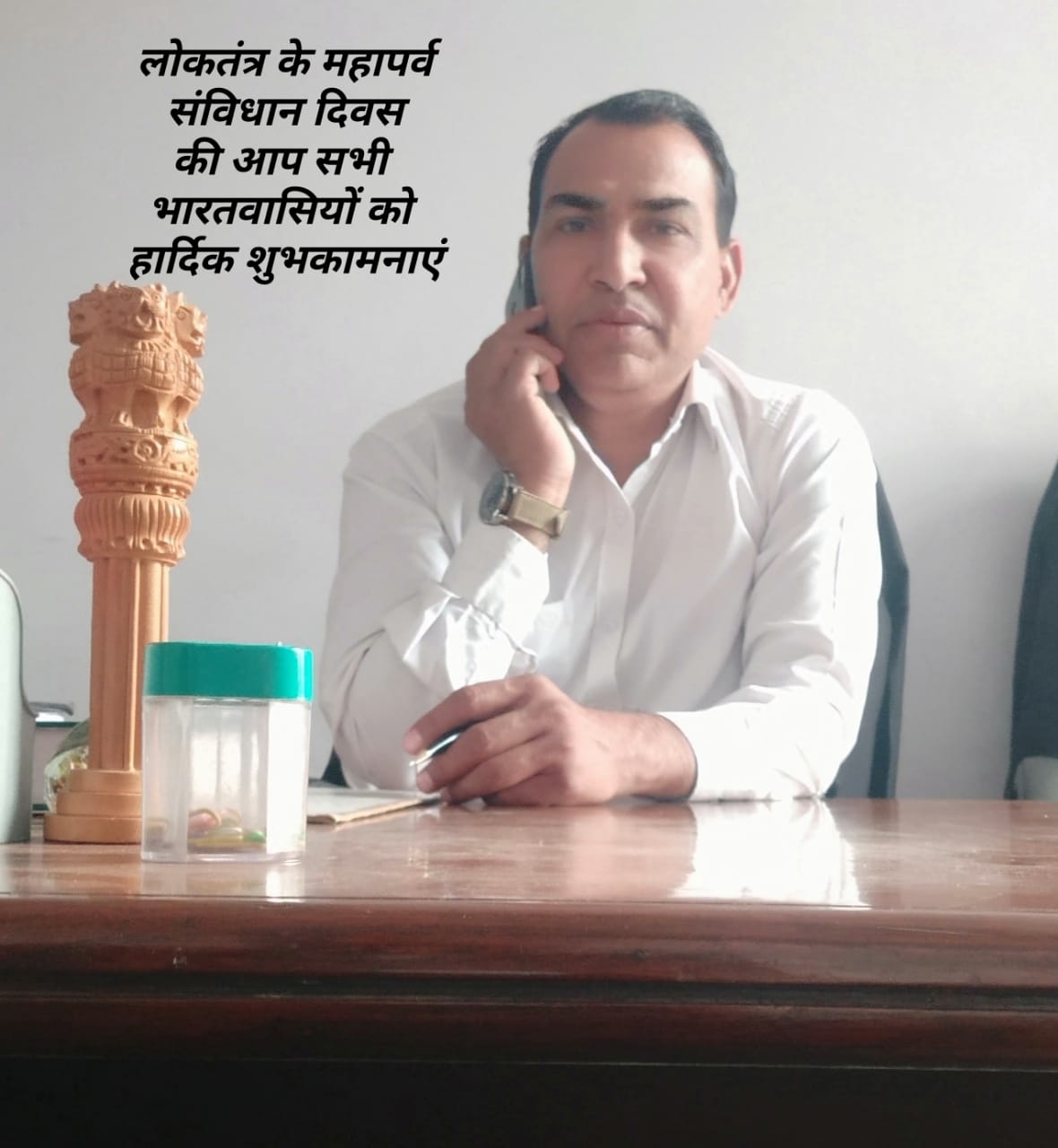Answer By law4u team
Elder abuse can take many forms, including physical, emotional, and financial abuse. Unfortunately, many elderly individuals are often unable to defend themselves or get help in time due to physical frailty, dependency on others, or lack of awareness about their legal rights. Interim relief is a critical tool in such situations, providing temporary protection to vulnerable seniors until a final decision is made in the case. Interim relief can include restraining orders, temporary financial support, or even eviction of the abuser. Understanding how to apply for interim relief is crucial for ensuring the immediate safety and well-being of the elder.
Process to Get Interim Relief in Elder Abuse Cases
1. Filing a Complaint (First Step)
Where to File?
The first step in obtaining interim relief in an elder abuse case is to file a complaint with the relevant authorities. This could include:
- Police Station: File a First Information Report (FIR) for physical or emotional abuse.
- Court: You can directly file a petition in the family court or a civil court if the abuse involves financial exploitation or neglect.
- National/State Commission for Senior Citizens: File complaints with government bodies like the National Commission for Senior Citizens (NCSC), which may expedite the process.
Supporting Documents:
Prepare all relevant documentation and evidence of abuse (e.g., medical reports, witness statements, financial records) to substantiate your claim.
2. Seeking Interim Protection (Interim Relief)
What is Interim Relief?
Interim relief is temporary protection granted by the court or authorities until the final decision is made. It’s a means of ensuring that the elder is protected from harm while the case is being processed.
Examples of Interim Relief:
- Restraining Orders: A court may issue a temporary restraining order (TRO) or protection order against the alleged abuser, preventing them from having any contact with the elder.
- Eviction of the Abuser: If the abuse occurs in the elder’s own home, the court may order the abuser to vacate the property immediately.
- Financial Relief: In cases of financial exploitation, a court may order the abuser to provide temporary financial support for the elder.
3. Filing a Petition for Interim Relief
Types of Petitions
A formal petition must be filed with the appropriate court. The nature of the petition will depend on the type of abuse and the relief sought:
- Protection Orders: Petition for an order of protection under laws like the Protection of Women from Domestic Violence Act, which applies to elder abuse as well.
- Interim Injunctions: For financial abuse or neglect, file a petition for an interim injunction to stop the abuser from accessing the elder’s financial accounts or assets.
- Medical Emergency Orders: If the elder’s health is being compromised, request medical relief through a temporary medical order.
How to File?
Legal Representation: While it’s not mandatory, it is highly recommended to consult with an elder law attorney or a legal aid organization. If the elder cannot afford legal representation, some states provide free legal assistance through legal aid societies or pro bono programs.
Provisional Relief: You can request provisional relief if immediate action is needed to prevent further harm.
4. Court Hearing and Granting of Interim Relief
Initial Hearing:
Once the petition is filed, the court will schedule an initial hearing. During this hearing, the judge will review the evidence provided and assess the immediate risk to the elder.
Urgency of the Matter:
The court may grant temporary orders immediately if the situation is urgent (e.g., physical abuse, threats to life).
Relief Granted:
The judge may pass an interim order for temporary relief such as a restraining order, eviction, or temporary financial support for the elder.
Timeframe for Interim Relief:
- Immediate Relief: Courts can issue an interim order on the same day or within 24-72 hours, depending on the severity of the case.
- Follow-Up Hearing: A follow-up hearing will be scheduled to discuss the permanent relief, but the elder will be protected in the meantime through the interim relief.
5. Enforcement of Interim Relief
Monitoring Compliance:
The police or court-appointed officers may monitor the enforcement of the interim orders. For example, the restraining order may be enforced by the police if the abuser violates the order.
Eviction or Financial Support:
If the abuser is ordered to vacate the premises or pay temporary financial support, law enforcement may assist in ensuring compliance.
6. Final Hearing and Permanent Relief
Final Order:
After the interim relief is granted, a final hearing will be scheduled. This will involve a more detailed examination of the evidence and testimony, and the court will issue a final judgment.
The elder may receive long-term protection, including a permanent restraining order, guardianship arrangements, or changes to the elder's living arrangements.
Example
Scenario:
Mrs. Sharma, a 75-year-old woman, was physically abused by her son. She filed a complaint at her local police station, which resulted in a First Information Report (FIR). After discussing the situation with a lawyer, Mrs. Sharma decided to seek interim relief from the court.
Steps Taken:
- Complaint Filed: Mrs. Sharma filed a petition for interim relief in the family court, providing evidence of the abuse (medical reports and witness statements).
- Immediate Relief Granted: The court issued an interim restraining order within 48 hours, directing her son to stay away from her and prohibiting any contact.
- Police Enforcement: The police ensured the son complied with the order by warning him of the consequences of violating the court’s directive.
Final Hearing:
A few weeks later, at the final hearing, the court granted Mrs. Sharma permanent protection through a permanent restraining order and allowed her to live in a safe environment, free from her son's abuse.
Conclusion:
The process for obtaining interim relief in elder abuse cases is an essential legal tool to protect senior citizens from immediate harm and ensure their safety while the legal proceedings unfold. By filing a complaint with the appropriate authorities, seeking interim protection through the court, and ensuring enforcement of the court orders, elderly individuals can receive temporary but crucial relief. The legal system provides mechanisms for immediate intervention, ensuring that the elder’s well-being is prioritized until a final decision is made.







